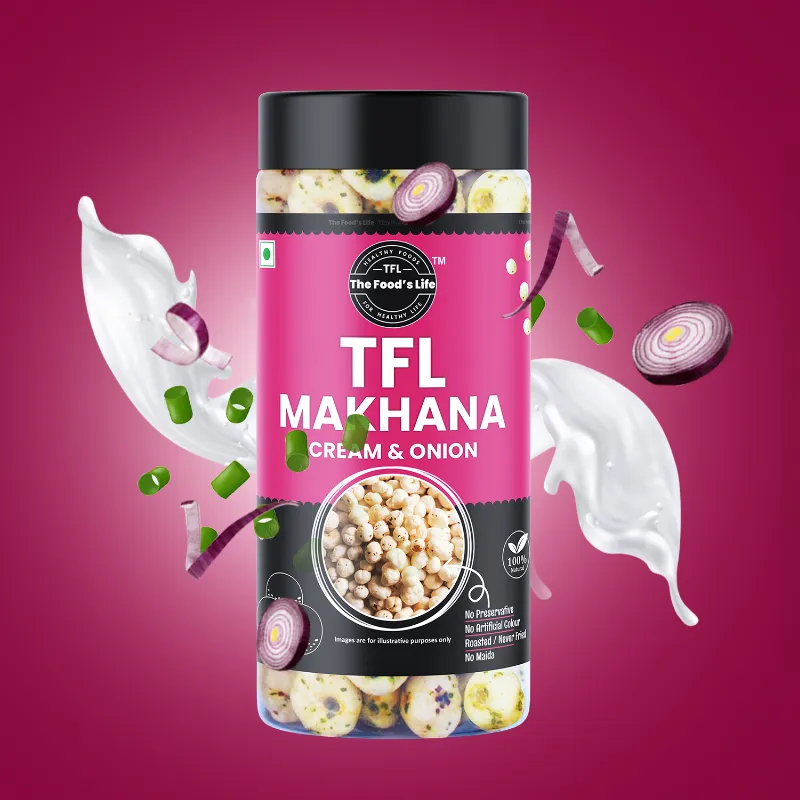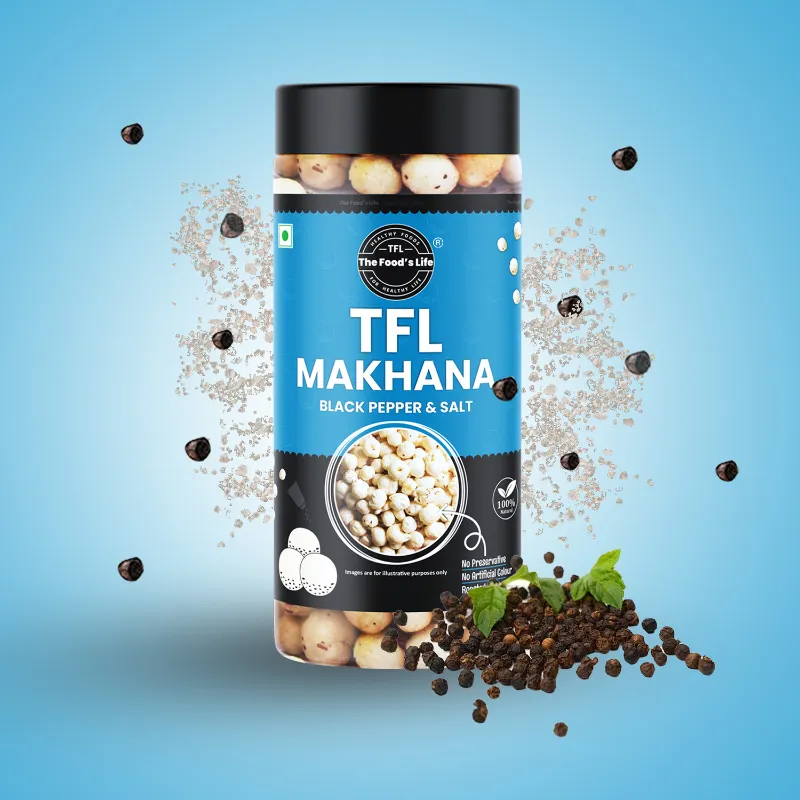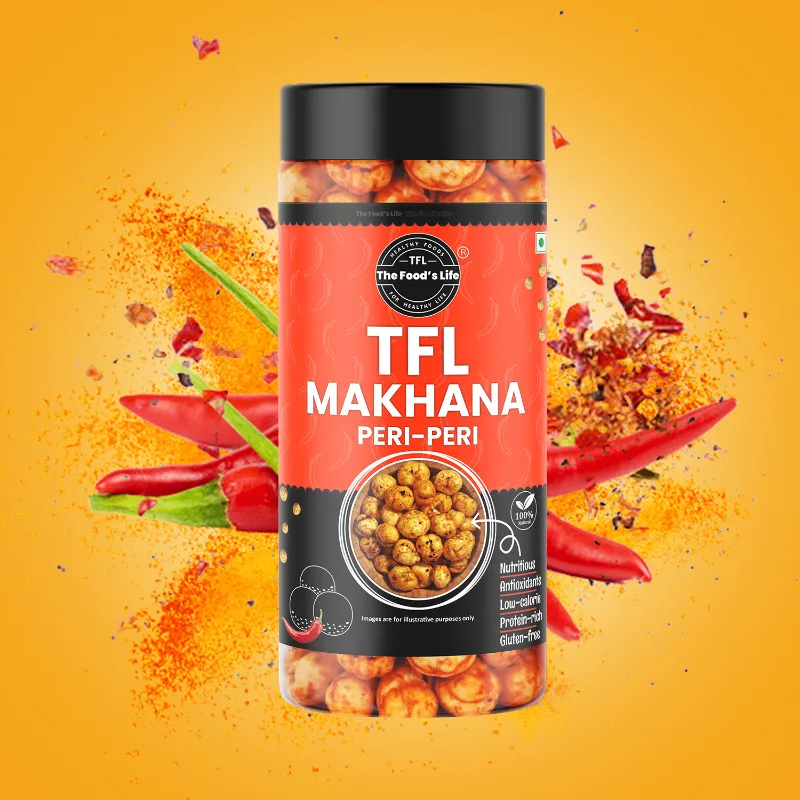In today’s world, processed foods have become a staple in many diets due to their convenience, long shelf life, and often irresistible flavors. However, these foods are often laden with additives, preservatives, and unhealthy ingredients that can negatively impact your health over time. Reducing your intake of processed foods and additives is a crucial step towards improving your overall well-being. The good news is that with some mindful changes and a bit of planning, you can significantly cut down on these foods and enjoy a healthier, more natural diet. Here’s how you can do it.
Start by Understanding What Processed Foods Are
The first step in reducing processed food intake is understanding what qualifies as processed food. Processed foods are those that have been altered from their natural state in some way, whether through canning, freezing, drying, or adding preservatives and other chemicals. These foods often have a long list of ingredients, many of which you may not recognize or be able to pronounce. Common examples include ready-made meals, snacks, sugary cereals, sodas, and even some packaged bread and pasta. By becoming more aware of what processed foods are, you can start making more informed choices when shopping and eating.
Read Labels Carefully
One of the most effective ways to avoid processed foods and additives is to read labels carefully. When you’re shopping, take a moment to check the ingredients list on packaged foods. Look for products with fewer ingredients and those that contain only natural ingredients. If a product contains a long list of additives, preservatives, artificial flavors, or colors, it’s best to avoid it. Ingredients are usually listed in order of quantity, so if sugar, salt, or unhealthy fats are among the first few ingredients, it’s a sign that the product is highly processed. Also, watch out for hidden sugars, which can appear under various names like high-fructose corn syrup, glucose, or maltose.
Cook More at Home
One of the best ways to reduce your intake of processed foods is to cook more meals at home. When you prepare your own food, you have full control over the ingredients and can ensure that you’re eating fresh, whole foods without any unwanted additives. Start by incorporating simple recipes that focus on fresh vegetables, lean proteins, whole grains, and healthy fats. For example, you can make a delicious stir-fry with fresh vegetables and lean chicken, or a hearty salad with quinoa, roasted vegetables, and a homemade vinaigrette. By cooking at home, you can also experiment with herbs and spices to add flavor to your dishes naturally, without relying on processed sauces and seasonings.
Incorporate More Whole Foods Into Your Diet
Whole foods are those that are closest to their natural state and have not been processed or altered with additives. These include fresh fruits and vegetables, whole grains, nuts, seeds, legumes, and lean meats. By focusing on these foods, you can reduce your intake of processed foods and enjoy meals that are both nutritious and satisfying. Whole foods are rich in essential nutrients, fiber, and antioxidants, which can help support your overall health. To make it easier to incorporate more whole foods into your diet, plan your meals around them. For example, start your day with a bowl of oatmeal topped with fresh berries and nuts, or enjoy a snack of apple slices with almond butter.
Avoid Sugary Drinks and Snacks
Sugary drinks and snacks are some of the biggest culprits when it comes to processed foods. Sodas, energy drinks, flavored coffees, and sugary snacks like cookies and candy bars are loaded with sugar, artificial flavors, and preservatives. These foods not only contribute to weight gain but also increase your risk of developing chronic diseases like diabetes and heart disease. To reduce your intake of these processed foods, try to cut back on sugary drinks and snacks gradually. Replace them with healthier alternatives like water, herbal teas, or fresh fruit. If you’re craving something sweet, opt for a small piece of dark chocolate or a homemade smoothie made with fresh fruits and unsweetened yogurt.
Choose Healthier Snack Options
Snacking is a part of daily life, but it doesn’t have to mean reaching for processed chips, crackers, or cookies. By choosing healthier snack options, you can satisfy your hunger without consuming unnecessary additives and unhealthy ingredients. Some great options include fresh fruit, raw nuts, seeds, yogurt, or even roasted makhanas. Makhanas, also known as fox nuts, are a fantastic low-calorie snack that is not only delicious but also packed with essential nutrients. They are a great alternative to processed snacks and can be easily flavored with natural spices like black pepper or chaat masala. For a tasty and healthy snack, try TFL’s roasted makhanas, which come in a variety of flavors to suit your taste.
Plan Your Meals and Snacks Ahead
Meal planning is a powerful tool that can help you reduce your intake of processed foods. By planning your meals and snacks for the week, you can avoid the temptation of grabbing convenience foods when you’re short on time or hungry. Start by creating a weekly meal plan that includes breakfast, lunch, dinner, and snacks. Focus on whole, unprocessed foods and make a shopping list based on your plan. This will not only save you time during the week but also help you stay on track with your healthy eating goals. When you have healthy meals and snacks readily available, you’re less likely to reach for processed options.
Eat More Plant-Based Meals
Incorporating more plant-based meals into your diet is another effective way to reduce processed food intake. Plant-based meals are often made with whole foods like vegetables, legumes, nuts, and grains, which are naturally free from additives and preservatives. These meals are also rich in essential nutrients, fiber, and antioxidants, which can support your overall health. Start by introducing one or two plant-based meals into your weekly routine. For example, you can make a delicious chickpea and vegetable curry, a hearty lentil soup, or a colorful vegetable stir-fry. Not only are these meals easy to prepare, but they’re also satisfying and nutritious.
Conclusion
Reducing your intake of processed foods and additives is an important step towards a healthier lifestyle. By understanding what processed foods are, reading labels carefully, and making more meals at home, you can significantly cut down on these unhealthy ingredients. Incorporating more whole foods into your diet, avoiding sugary drinks and snacks, and choosing healthier snack options like makhanas can also help you stay on track. Remember, it’s all about making small, sustainable changes that you can stick with in the long term.
For those looking for a tasty and healthy snack, try TFL’s roasted makhanas. These nutritious and flavorful snacks are a great way to satisfy your cravings without compromising your health. By making mindful choices and focusing on whole, natural foods, you can enjoy a balanced diet that supports your well-being and helps you feel your best every day.






